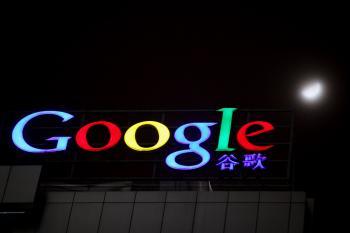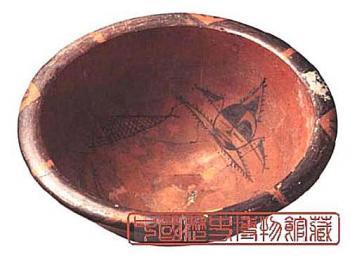Only three days after Google announced the end of its censorship services in China on March 22, criticism of Google has disappeared from the headlines of the Chinese regime’s mouthpiece, Xinhua news online.
In contrast to its previous criticism of “United States-backed information imperialism,” the Chinese regime has now played down the incident as an “individual act by a commercial enterprise.”
China analysts believe this is a tactic to quickly divert public attention away from the incident for fear that Chinese citizens may raise more questions regarding the details of the censorship and the regime’s control of information.
According to a report by Radio France Internationale, in a statement issued by China’s State Council of Information on March 23, the regime refers to the Google incident as “a high impact incident that will trigger discussions beyond the commercial level.” All Web sites in the country were directed to strictly observe the following management guidelines:
News reports can only use sources from the regime’s main media. All other sources are prohibited. If articles are reprinted from permitted outlets, titles cannot to be changed.
News recommendations should reference the Chinese regime’s central media Web sites. No “topics for discussion” are to be set up, and no further investigative or in-depth reports are allowed. Interview programs with experts and scholars on the incident must be approved beforehand. Unauthorized programs of this nature are strictly forbidden. Commentary postings on news reports must be carefully managed.
No discussions or investigations on the Google incident are allowed on blogs, forums, or interactive media. No recommendations, related comments, or commentary articles on the incident should appear on interactive media.
The State Council of Information also directed that all Web sites clean up words, graphics, and audio information that take the opportunity to “attack the party, the nation, state departments, or Internet policies.” Public response in support of Google’s decision and “singing an opposite tune” from state policy in words, graphics, or audio form must be removed from all Web sites.
According to The Epoch Times reporter’s observation, the above guidelines imposed by the State Council of Information are not only applied to mainland China—overseas Chinese Web sites backed by the regime are also reflecting the same attitude.
A powerful symbol of decline
China analyst Mr. Shi Changshan who is based in Washington, DC, pointed out that the new policy adopted by the State Council of Information is designed to stop the incident from becoming a focal point for public discussion. Google has been in China for four years and is widely known by Chinese netizens. Everyone has their own opinion and analysis of its sudden withdrawal.
“Once these discussions become more in-depth, it will surely expose the truth behind the regime’s Internet censorship,” Shi said. He noted that many of the sensitive phrases that are censored relate to information that the regime is fearful of the public having access to, such as The Epoch Times, Falun Gong, the Nine Commentaries, Shen Yun, Mr. Li Hongzhi (founder of Falun Gong), etc. “The hot topic of Google will naturally lead to heated discussions on the truth of Internet censorship, and this is the crux of the matter,” Shi added.
Chinese analyst and commentator Dr. Li Tianxiao, a political science Ph.D. from Columbia University, thinks that Google’s move is a powerful symbol. “When Google was in China, it was a sign that the Chinese regime had the power to pacify the information giant of the free world. It was something that could be used in spreading propaganda within and outside of China. Google’s withdrawal from the mainland is a fulfillment of its motto, “Don’t be evil.” This not only serves as evidence of the evilness of the communist regime, it also symbolizes the decline in the regime’s power to control.”
In response to Google’s decision, China’s Foreign Ministry spokesperson Qin Gang, during a press conference on March 23, said “This is simply an individual act by a commercial company. If you politicize it and tie it to U.S.-China relations or even relate it to China’s international image, you are making a big fuss out of a small matter and exaggerating things.”
Mr. Shi notes that this statement is a dramatic tuning down of the regime’s previous claim of “information imperialism.” The Chinese regime’s new tune means it wants to “isolate and simplify the Google incident.”
Shi said, “At present, there is a serious crisis in U.S.-China relations that needs to be handled. Not long ago, Premier Wen Jiabao showed a tough stance toward the Chinese yuan revaluation issue at the Political Consultative Conference, but he subsequently reversed his attitude. This is a manifestation of the conflicting mentality facing the regime at present.” Shi commented further that the regime clearly knew Google had the support of President Obama’s policy of protecting Internet freedom but was afraid of confronting the United States directly.
Shi said, “Thus, the Chinese regime might contrive another point of discussion so that the public will quickly forget about the Google incident as if nothing had happened. But secretly, this is just the beginning of the regime’s retaliation and blockade against Google.”
Read the original Chinese article






